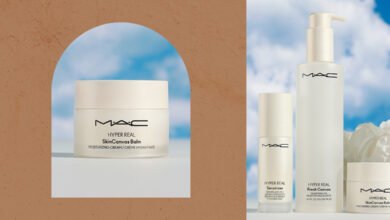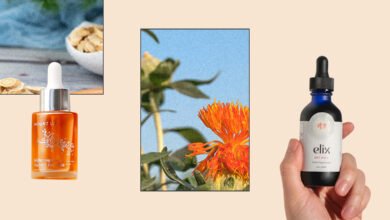7 Moisturizers Recommended by Well+Good Editors
There is no question of the importance of moisturizer. Whether your skin is perpetually dry or has been stripped of moisture due to the weather or the use of particular skin products (Looking at you, retinol!), “selecting an appropriate moisturizer is essential for maintaining skin health and hydration,” says board-certified dermatologist Aanand Geria, MD, FAAD, of Geria Dermatology. But how to select the best moisturizer for you?
While there are many options on the shelves, it often entails a lot of trial and error, and sometimes, a lot of money before you find one that works well for your skin type and concerns. Consulting a professional is the first best step to finding your ideal option, but seeking a recommendation or two from people who’ve tested a whole lot of products may be the next best thing—which is where the Well+Good editors come in. Because if there’s one beauty product that our editors keep in heavy rotation, it’s moisturizer.
As editors, we’ve had the opportunity to test drive more skin products per week than most people, and having swiped many, many moisturizers onto our faces over the years, we’ve found options that we look forward to applying again and again. Better yet, most, if not all, the moisturizers on the list below are made with ingredients that dermatologists would give a thumbs-up. And whether your skin is dry, sensitive, combination, or oily (because, yes, oily-skinned people want to moisturize, too), we have recommendations to suit many skin types and budgets.
Below are seven of Well+Good editors’ best moisturizer recommendations.
In This Article
Best moisturizers, at a glance
- The Inkey List, Bio-Active Ceramide Repairing and Plumping Moisturizer, $20
- Neutrogena, Hydro Boost Water Gel, $20
- Tower 28 Beauty, SOS Daily Skin Barrier Redness Recovery Moisturizer, $24
- La Roche-Posay, Toleriane Double Repair Face Moisturizer, $25
- Face Haus, The Dew Gooder, $32
- Kiehl’s, Ultra Facial Moisturizing Cream, $39
- Tatcha, Indigo Calming Face Cream for Sensitive Skin, $92
Shop the best moisturizers, as recommended by Well+Good editors
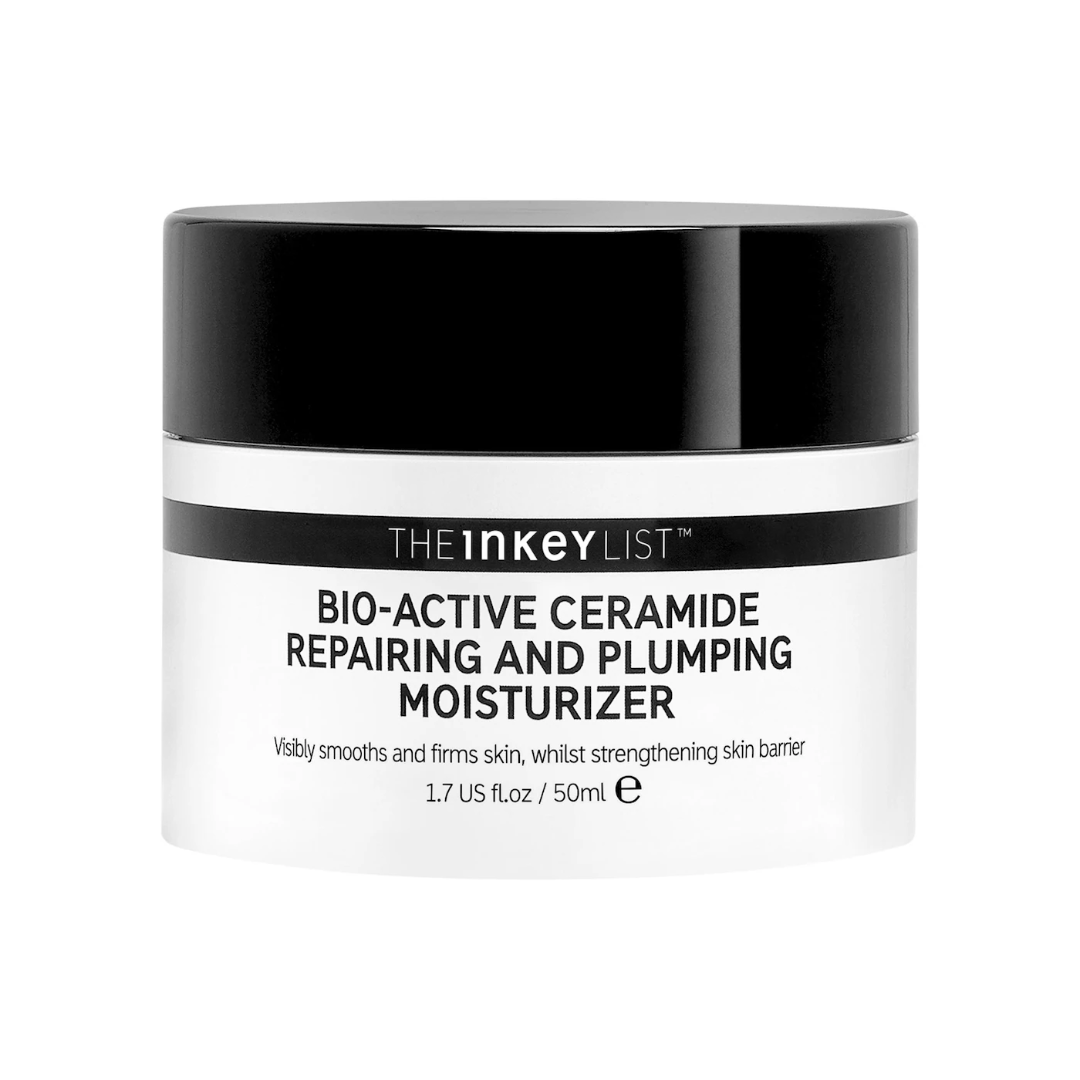
The Inkey List, Bio-Active Ceramide Repairing and Plumping Moisturizer — $20.00
Key ingredients: Bioactive ceramides, gransil blur, shea butter
Whenever my skin is desperate for hydration, I lean on The Inkey List’s Bio-Active Ceramide Moisturizer. It’s luxuriously thick without sitting heavy on my combination skin. What dry patches I previously had disappear the moment I use it, and the product doesn’t immediately dissipate, unlike other moisturizers I’ve used in the past. It keeps me moisturized throughout the day, whether I’m working indoors or braving harsh elements. While I usually opt for lightweight moisturizers because my skin is more oily than it is dry, I haven’t had a breakout since using it, thanks to its fragrance-free formulation.
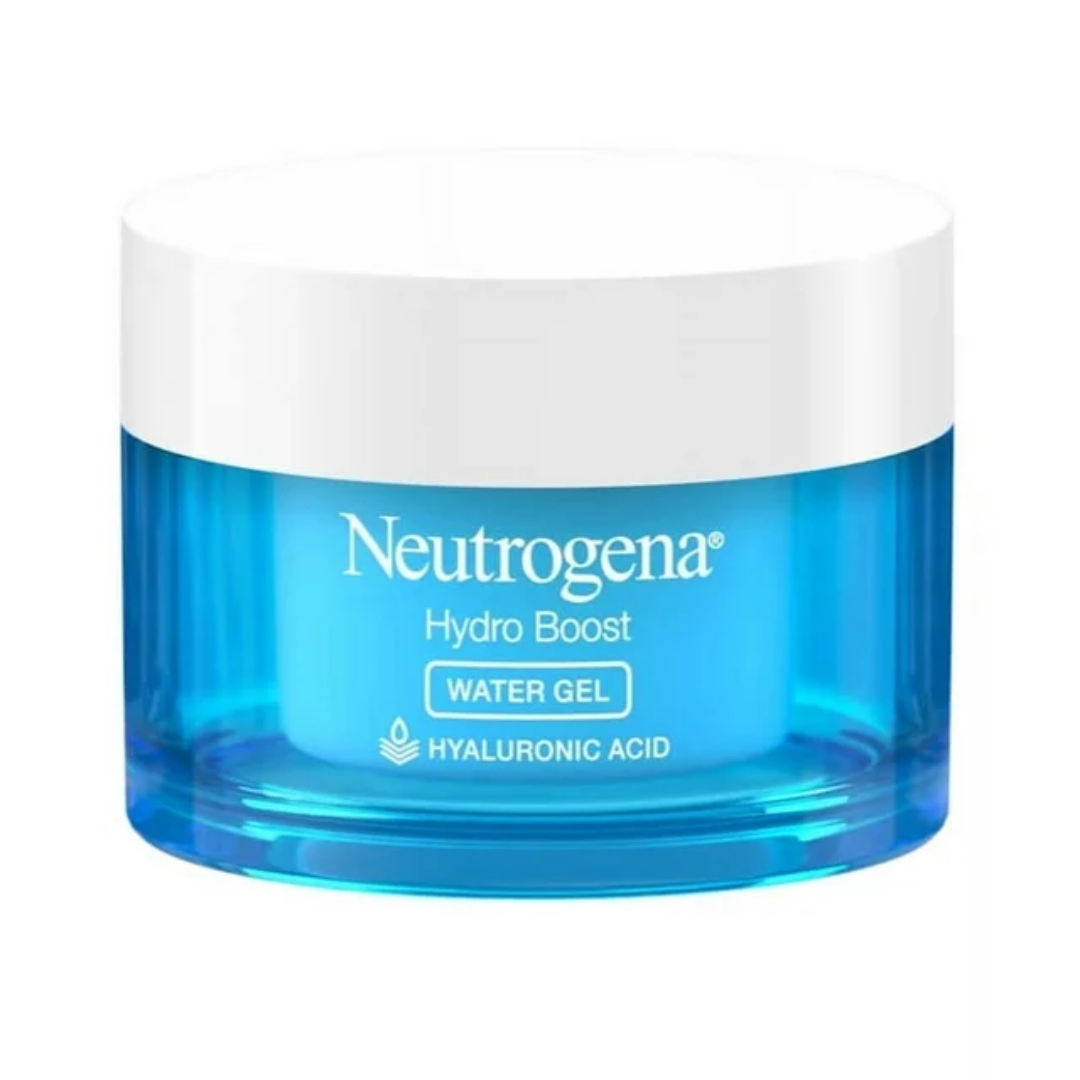
Neutrogena, Hydro Boost Water Gel — $20.00
Key ingredients: Hyaluronic acid, glycerin, dimethicone
Neutrogena’s Hydro Boost Water Gel is a staple for health director Kaitlin Ahern. Ahern says, “It’s super lightweight and revives my dry skin without weighing it down.” It’s made with hyaluronic acid and glycerin to help provide and retain moisture, as well as dimethicones to seal in hydration and impart a smooth appearance to the skin. Just bear in mind that the moisturizer has a light fragrance, so if you’d prefer a fragrance-free version (which is typically recommended for people with very sensitive skin), you might want to opt for the Neutrogena Hydro Boost Water Gel for Extra Dry Skin ($20).
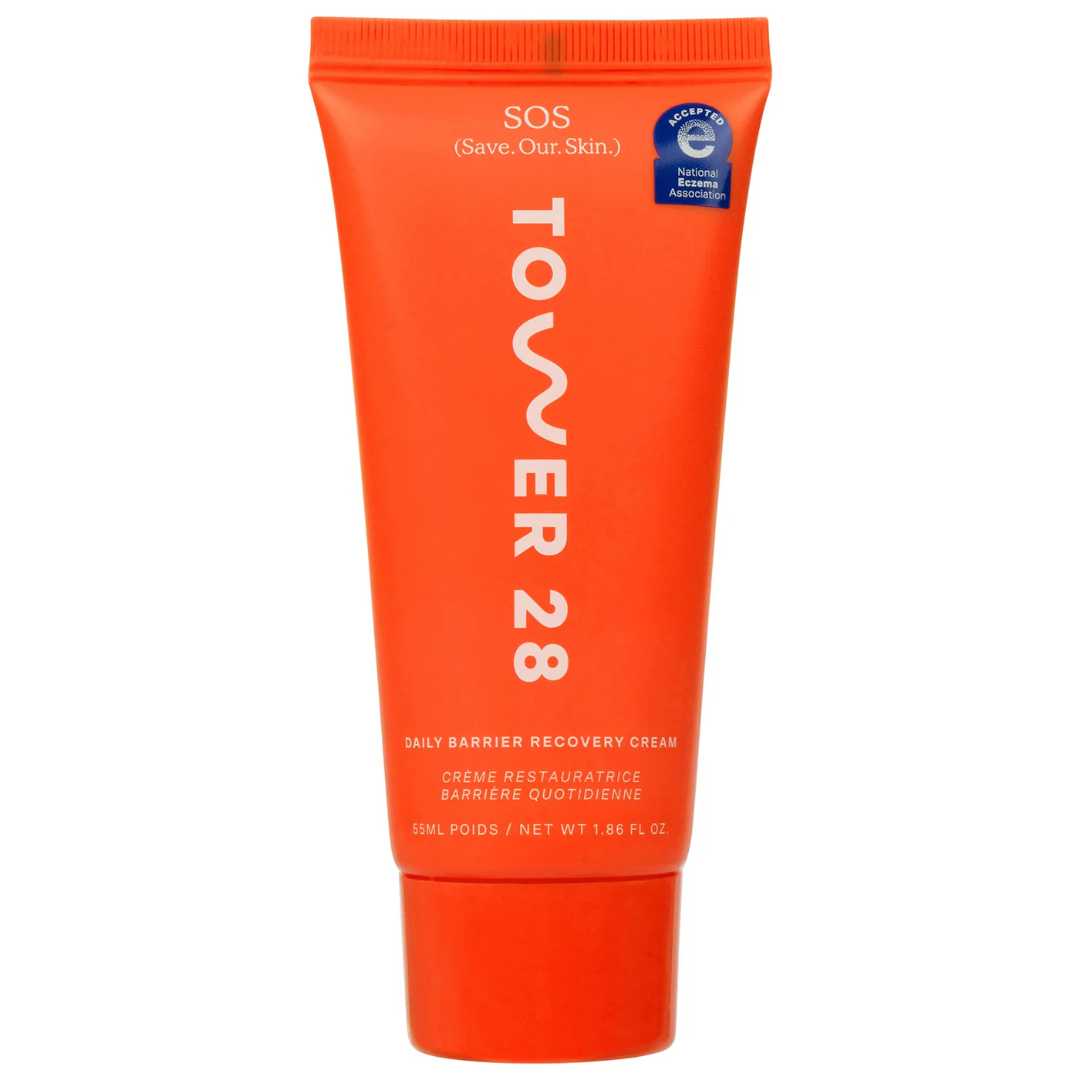
Tower 28 Beauty, SOS Daily Skin Barrier Redness Recovery Moisturizer — $24.00
Key ingredients: Hyaluronic acid, ceramides, allantoin
Tower 28’s SOS Daily Skin Barrier Redness Recovery Moisturizer is beloved by food writer Maki Yazawa. “On days I feel drier than the Sahara desert, this moisturizer is all I need. The ultra-thick Daily Skin Barrier Redness Recovery Moisturizer, formulated with hyaluronic acid and ceramides, is excellent for calming down any redness I have from a papulopustular rosacea flare-up—and not to mention, it has the seal of approval from the National Eczema Association, so it likely won’t cause breakouts,” says Yazawa. “Plus, a little goes a long way; just a pea-sized amount of product is enough to cover the entire surface area of my face. With near daily use, a bottle of this stuff lasts me over two months. Oh, and it’s vegan, cruelty-free, fragrance-free, and comes in recyclable packaging, too.”
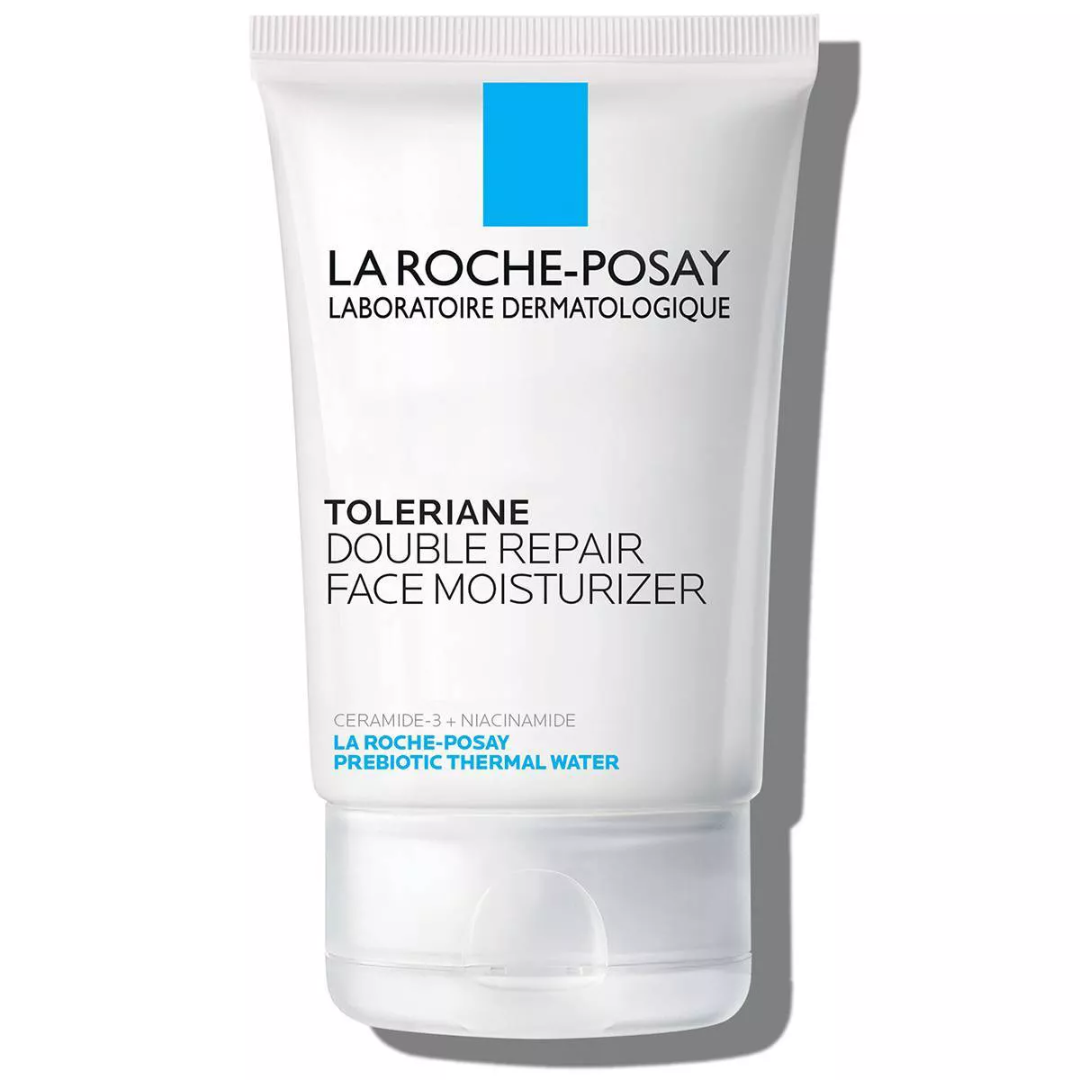
La Roche-Posay, Toleriane Double Repair Face Moisturizer — $25.00
Key ingredients: Ceramide-3, niacinamide, prebiotic thermal water
The La Roche-Posay Toleriane Double Repair Face Moisturizer is a staple in my beauty cabinet for two reasons: It’s $25, and it wards off retinol-induced irritation. The oil-free formula strikes the balance between being rich but not greasy—a boon for my combination and acne-prone skin. Made with a combination of ceramides and niacinamide, it helps my skin better withstand the stresses of daily life, like sun exposure and pollution. Suffice it to say, it’s an incredibly hydrating (and affordable) moisturizer that would work for many skin types, including sensitive skin, because it’s both gentle and free of fragrance.
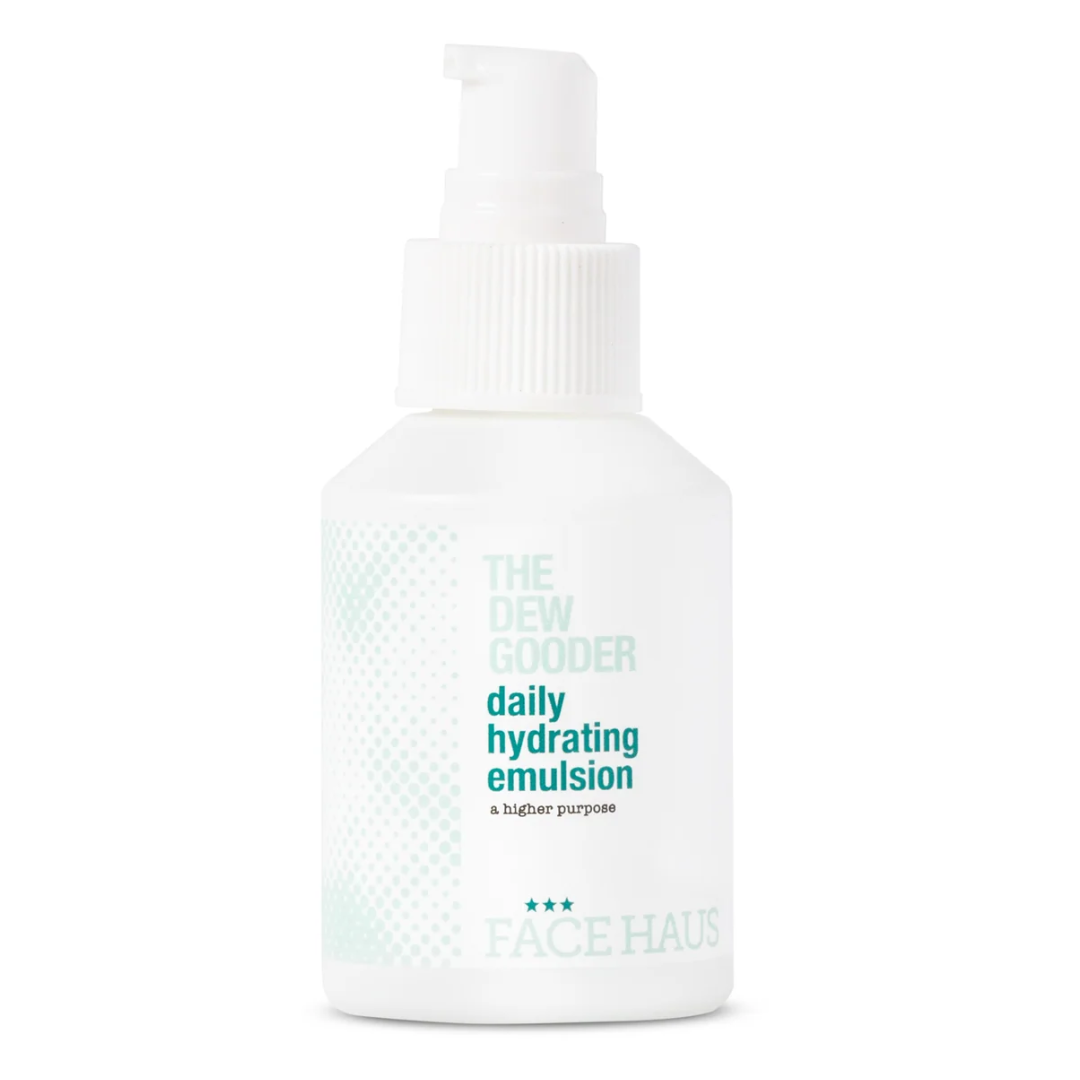
Face Haus, The Dew Gooder — $32.00
Key ingredients: Squalane, sodium hyaluronate, sunflower seed oil
Face Haus’ The Dew Gooder pairs intensely hydrating plant extracts and oils (squalane and sunflower flower seed) with sodium hyaluronate, a salt derived from hyaluronic acid that has been shown to penetrate the skin more effectively—and, indeed, it does the skin good. “This moisturizer has been such a saving grace for my skin this season,” says senior food editor Betty Gold. “It protects my face from the freezing wind and winter weather without clogging pores or feeling heavy. On extra dry mornings, I’ll blend in The Rescue Worker Face Oil before I take my dog out for a walk and it’ll keep my face hydrated all day long.” A bonus: the moisturizer skips out on synthetic dyes, fragrances, and parabens, making it ideal for even the most sensitive skin types.
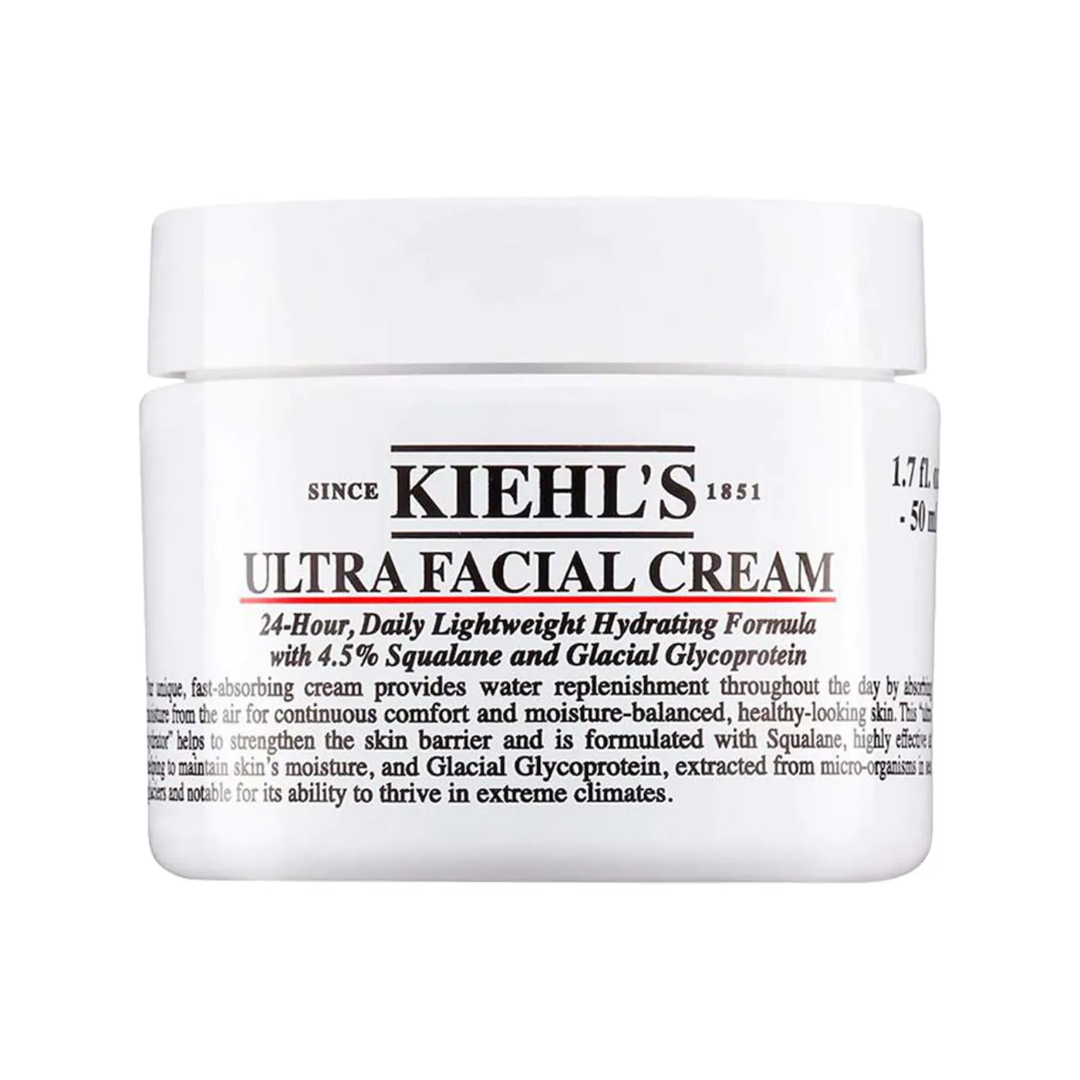
Kiehl’s, Ultra Facial Moisturizing Cream — $39.00
Key ingredients: Squalane, glycerin, glacial glycoproteins
Another recommendation from Yazawa is Kiehl’s Ultra Facial Moisturizing Cream. “I love skincare, but it doesn’t (always) love me back. As much as I want to be a 12-step skin-care routine-girlie, my extremely sensitive, combination, papulopustular rosacea-prone skin won’t allow it. However, over the last 10 years, this is the one moisturizer that’s kept me coming back,” she says. “It’s formulated with squalane to support the skin’s moisture barrier, glycerin for supple, moisturized skin, and glacial glycoprotein for extra hydration. Needless to say, it hasn’t failed me once. Rich, creamy, yet lightweight, this incredibly moisturizing product has been officially indoctrinated into my holy grail skin-care routine forever.”
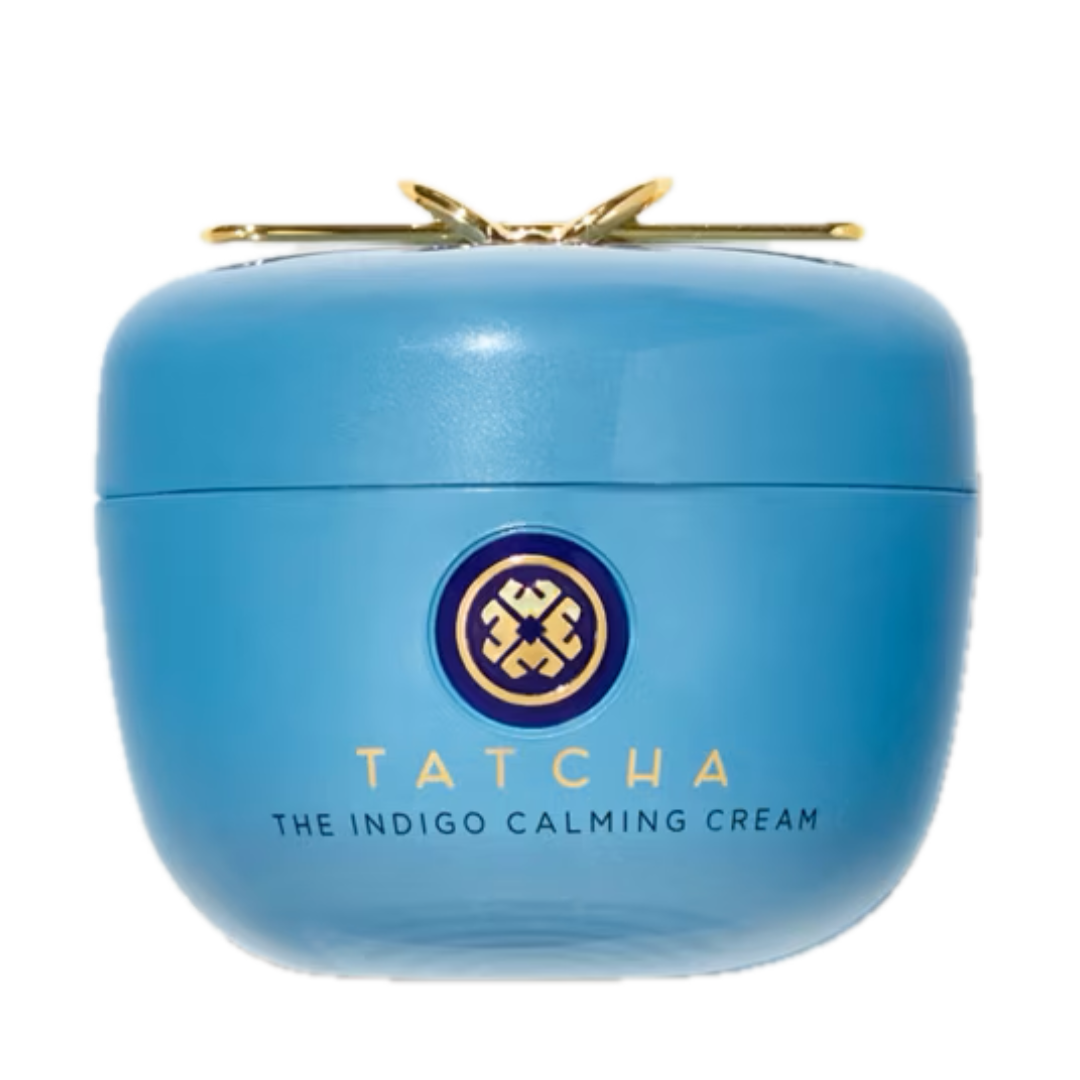
Tatcha, Indigo Calming Face Cream for Sensitive Skin — $92.00
Key ingredients: Colloidal oatmeal, Japanese indigo extract
Tatcha’s Indigo Calming Face Cream is undoubtedly pricey, but commerce editor Francesca Krempa says it’s well worth the cost: “I moved to Salt Lake City this winter and my skin is not having it. The air is so dry here, it feels like the minute I put on moisturizer and step outside—Poof! I’m dry again. Tatcha’s Indigo Calming Cream has been the only moisturizer as of late that actually stands up to the task. On top of that, it’s made with soothing ingredients that my skin slurps up after being out in the elements. I particularly love it for skiing when my face is red and wind-burned—it calms, indeed.” What’s more, the moisturizer is dermatologist-tested and free of unwanted fragrance.
What to consider when shopping the best moisturizer for you
According to board-certified dermatologist Hadley King, MD, FAAD, an ideal moisturizer will contain a combination of humectants, emollients, and occlusives—each of which play a role in helping maintain and replenish hydration to the skin. Humectants work to attract and retain moisture in the skin, and they are most effective when used in tandem with emollients and occlusives. Emollients help strengthen the skin barrier, which in turn, can improve overall skin texture and appearance, while occlusives prevent transepidermal water loss.
As for the best ingredients to look for? “Seek formulations containing hyaluronic acid and glycerin to retain moisture, ceramides for bolstering the skin barrier, and dimethicone for forming a protective layer,” says Dr. Geria. “Occlusives like petrolatum and emollients such as shea butter provide added moisture retention, while antioxidants like vitamin E and niacinamide offer protection against environmental damage and enhance barrier function.” Conversely, Dr. Geria recommends avoiding certain ingredients. “Fragrances, particularly synthetic ones, can trigger allergic reactions in sensitive individuals,” he says, in addition to synthetic dyes and formaldehyde-releasing preservatives. He also suggests steering clear of certain alcohols. “Alcohol, like denatured alcohol, can dry out the skin, causing irritation, especially for those with dry or sensitive skin.”
You’ll also want to consider your skin type and concerns when shopping. “Choosing a moisturizer suited to your skin type is vital for effective skincare,” says Dr. Geria. Dr. King adds, “There are plenty of moisturizers that are suitable for all skin types, but for dry skin types, look for a formulation that has more emollient and occlusive properties, and for oily skin types, look for more humectant and light emollient properties.” For sensitive-skinned individuals, Dr. Geria and Dr. King both recommend a fragrance-free option with skin-soothing ingredients like ceramides and aloe vera for tamping down irritation.
Our editors independently select these products. Making a purchase through our links may earn Well+Good a commission.


